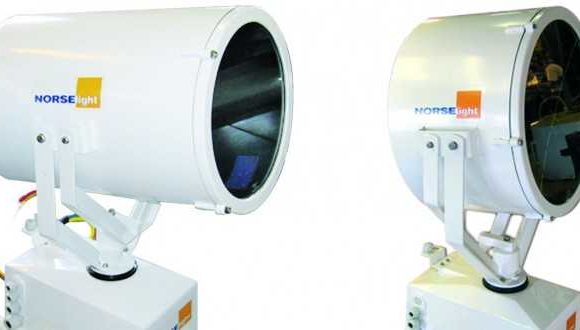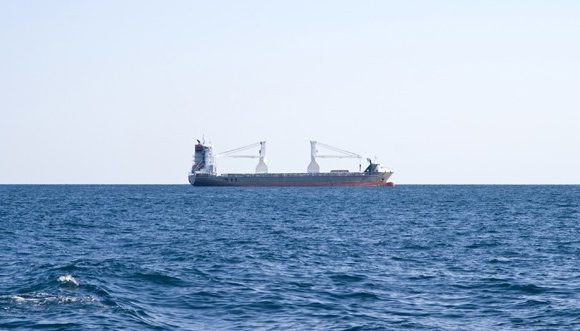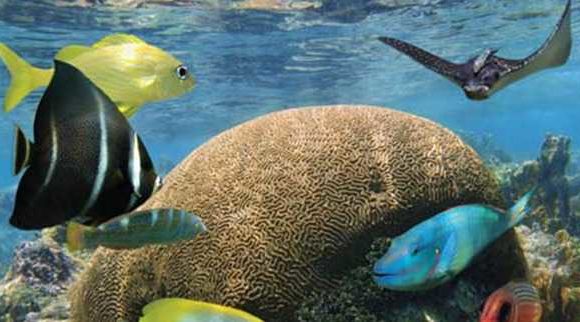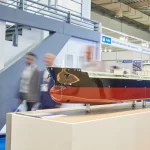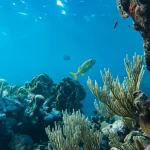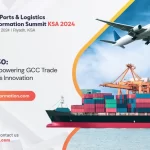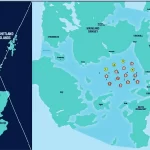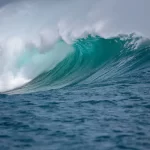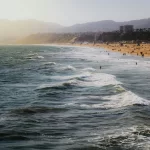Europe’s Seas Face Bleak Future
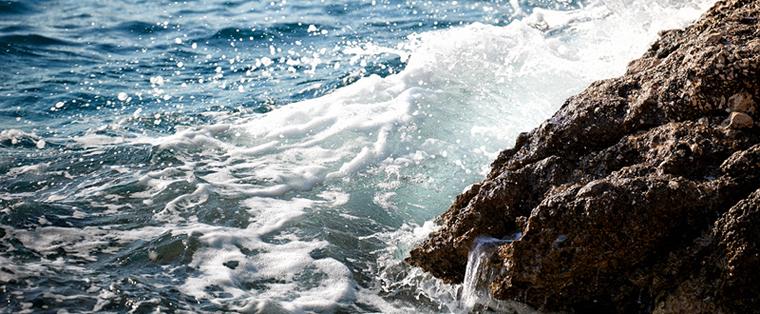
Europe’s seas are in a “serious state of decline” as a result of coastal development, overfishing and pollution from agriculture, warn scientists.
The continent’s regional seas will deteriorate even further unless action is taken to curb the threats, they add. Economic growth and the expansion of the EU, the researchers suggested, had contributed to the state of the waters.
The findings were presented in an EU-funded report, involving more than 100 scientists from 15 nations. The three-year project, European Lifestyles and Marine Ecosystems (ELME), examined the relationship between human activities and the impact on the region’s marine ecosystems.
It focused on the continent’s four regional seas: the North-East Atlantic Ocean, and the Black, Baltic and Mediterranean seas.
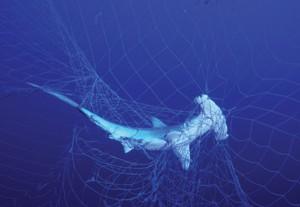 Human impacts on Europe’s seas
Human impacts on Europe’s seas
“The objective was to look at the relationship between human lifestyles in a rapidly changing Europe and the marine environment,” the project co-ordinator, Laurence Mee, told BBC News.
“In every sea, we found serious damage related to the accelerated pace of coastal development, transport and the way we produce our food,” said Professor Mee, director of the Marine Institute at the University of Plymouth, UK.
“We thought it was important to really understand what these changes in lifestyle imply for our marine space, which is critically important for the future.”
‘Joined-up’ problems
The researchers examined the impact of four environmental issues:
- habitat change
- eutrophication (over-fertilisation of water)
- chemical pollution
- fishing
“It is the joined-up nature of these problems that makes them quite difficult to understand and tackle,” explained Professor Mee.
“Whatever problem you look at, it is connected to one or another problem.”
The expansion of the 27-nation EU bloc and economic growth were helping to exacerbate the problems, he said.
“Affluence is leading to a lot of additional environmental pressures, which we really have to recognise and tackle.”
The pressures included the growth of resorts and a huge increase in second homes around the Mediterranean coastline.
The study also found an increase in the demand for meat, resulting in an intensification of Europe’s agriculture.
This led to the use of more fertilisers, which were running off into many of the waterways and rivers that feed into the continent’s seas.
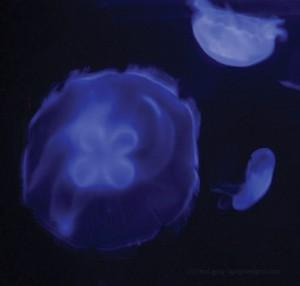
Exporting pollution
However, Professor Mee said there were places that were improving.
“In the North Sea, for example, we see some signs of the ecosystem getting better – but sadly for the wrong reasons.”
He said some of the pollution pressures had been “globalised away” by moving heavy industries to China or India.
“This has had a positive effect on some of our ecosystems, but probably has had a severely negative effect there.”
The scientists hope the report’s findings, which have been released to coincide with World Oceans Day, will provide policy-makers with the data needed to develop a comprehensive framework to limit the impacts.
But Professor Mee warned that a “business-as-usual” approach was not an option.
“If we don’t address these problems then we really are shooting ourselves in the foot for future generations.

